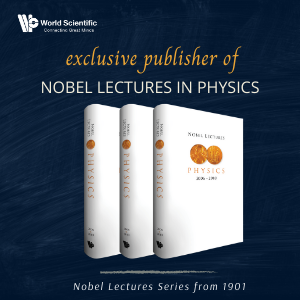Effective field theory (EFT), a technique used extensively in particle physics, provides a framework for systematically describing nuclear systems in a way consistent with quantum chromodynamics, the underlying theory of strong interactions. Because it offers the possibility of a unified description of all low-energy processes involving nucleons, it has the potential to become the foundation of conventional nuclear physics.
Since the early 1990's when Weinberg applied the techniques of EFT to multiple-nucleon systems, significant developments have been made. However, serious obstacles have also been encountered. This book contains the proceedings of the Workshop on Nuclear Physics with Effective Field Theory, held in the Kellogg Radiation Laboratory at Caltech on the 26th and 27th of February 1998, which specifically addressed those issues. Physicists from different areas of sub-atomic physics gathered in an attempt to arrive at a consistent power counting scheme for the nucleon–nucleon interaction, a first step toward dealing with few–nucleon systems and ultimately nuclear matter and finite nuclei.
Contents:
- Overview (U van Kolck)
- Views of a Devil's Advocate — Fundamental Challenges to Effective Field Theory Treatments of Nuclear Physics (T D Cohen)
- Power Counting and the Renormalization Group for an Effective Description of NN Scattering (D B Kaplan)
- Power Counting in Non-Relativistic Effective Field Theories (M Luke)
- Renormalizing NN Scattering: Is Power Counting Powerless? (M C Birse)
- The Aleph (U van Kolck)
- Regularization and the Potential of Effective Field Theory in Nucleon–Nucleon Scattering (D R Phillips)
- Comparison of Regularization Methods for Nucleon–Nucleon Effective Field Theory (J V Steele)
- Nuclear Scales (J L Friar)
- Three Nucleons at Very Low Energy (P F Bedaque)
- Finite Cut-Off Effective Field Theory for Two-Nucleon Systems (T-S Park)
- Lattice Regularization and Nuclear Matter Calculation (H-M Müller & R Seki)
- Nuclear Forces from Chiral Lagrangians Using the Method of Unitary Transformation (E Epelbaoum)
- The Soft Régime in NRQCD (H G Grieβhammer)
- Including Pions (M J Savage)
- Conference Summary (A V Manohar)
Readership: Researchers and graduate students interested in the theory of strong interactions in nuclear and particle physics.



















